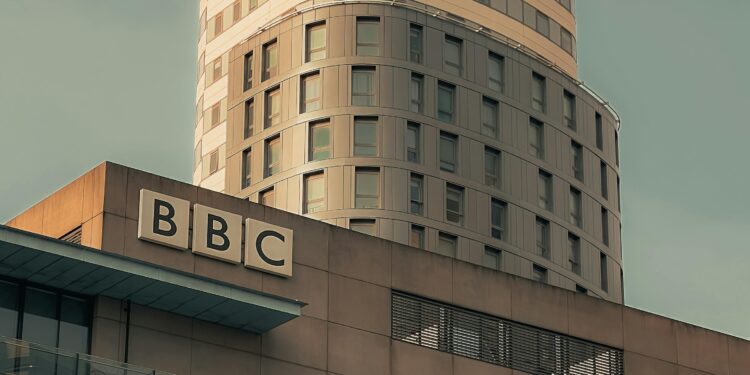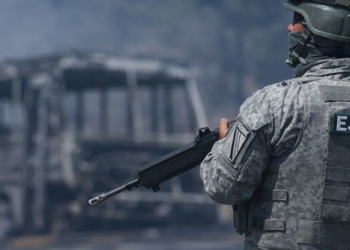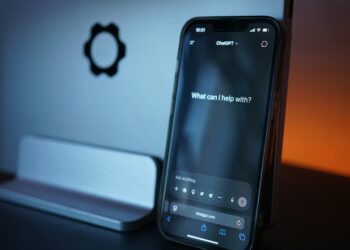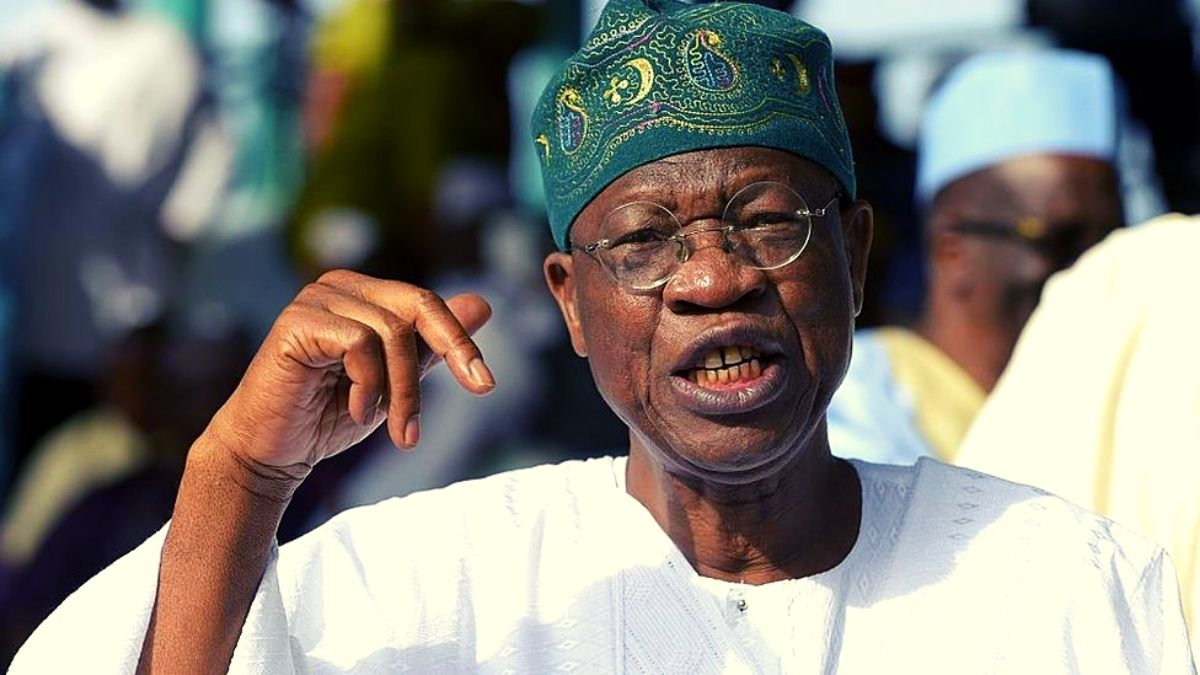The BBC’s director general has issued a warning, saying that the UK is struggling to counter a rise in “pure propaganda” from Russia and China because of cuts to the World Service.
The Director General, Tim Davie had asked for more funding for its global services, a decade after the government ceased paying for most of the World Service.
Just last year, the BBC terminated its Arabic, Persian and Hindi radio services (among others) as part of its efforts to save £28.5m a year.
However, Russia and China have been filling in the gaps by spending between £6bn and £8bn on growing their global media activities in countries like Lebanon, according to Davie.
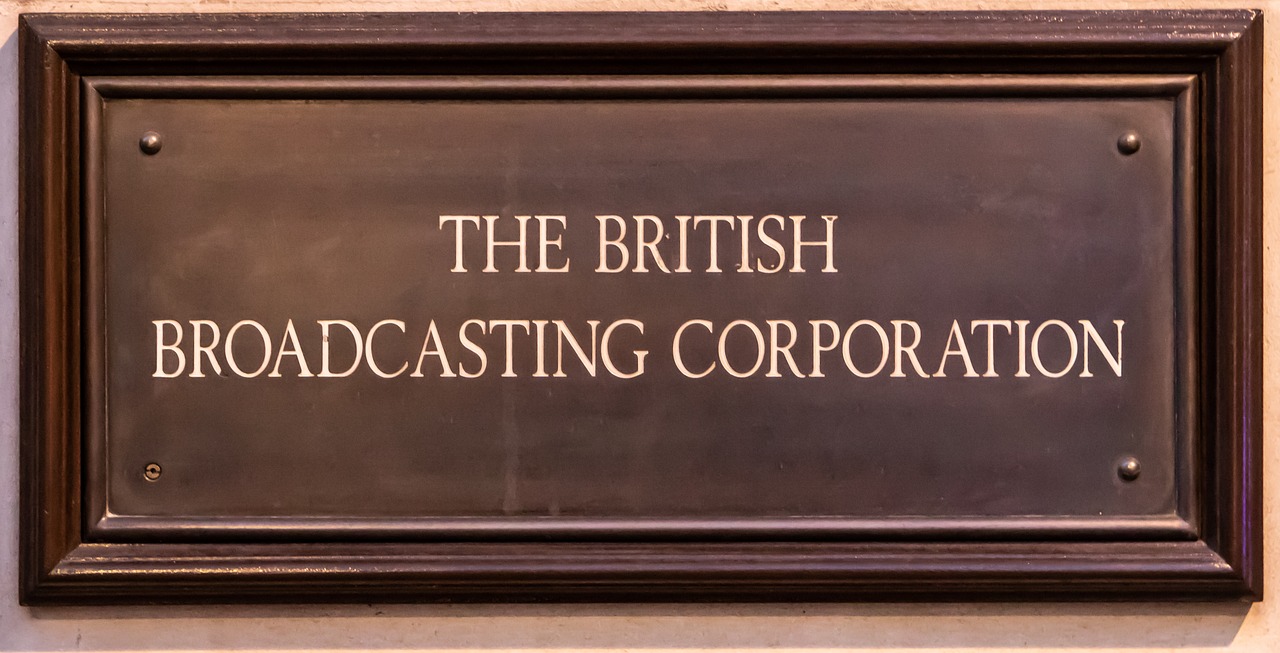
He also added that in Lebanon, a Russian-affiliated media now transmits on the radio frequency formerly occupied by BBC Arabic.
The UK government had until 2014, paid for the World Service in full, handing over most of the cost to the BBC.
The Foreign, Commonwealth and Development Office currently pays £104m a year towards the World Service’s total budget of £334m and the service reaches 320 million people a week across radio, TV and digital output.
Another blow happened in 2022 when the corporation decided to stop broadcasting on radio in 10 languages, leading to the loss of over 380 World Service jobs.
What They’re Saying
“We haven’t closed a lot of language services,” The BBC DG told Radio 4, adding that the cuts already made have been a result of “tight funding settlements, and there’s only so much you can ask of the UK licence fee payer to foot the bill for language services”.
“For decades this was funded by government. There are very clear examples, where we’ve taken away BBC Arabic on radio, for instance… [and] others have come in [such as] Russian-backed media coming into Lebanon. I’ve got other examples where you see China and Russia deliberately spending billions of dollars on that strategic objective.”
“This has to be a matter long term for the central government decision-making to say, ‘OK, we have to, as a country, invest’, and I don’t think it’s appropriate to charge all of this to the UK licence fee payer.
“It is a strategic decision and one I think we should value.” He finished.

